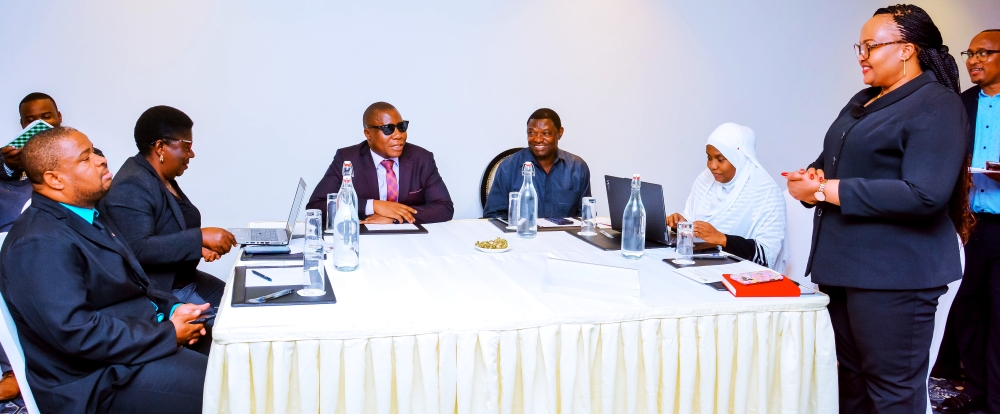Tanzania striving to ensure Early Childhood Development Programs are included in Primary Schools
So far it is only about 70 primary schools in Tanzania that are yet to establish special streams for early childhood development programs.
The Deputy Permanent Secretary in the Ministry of Community Development, Gender, Women and Special Groups, Amon Mpanju, pointed out that at the moment the country has a total of 20,386 primary schools, but not all of them have managed to include early childhood care and education streams.
“This means, Tanzania has made great achievements in ensuring that the country has considerable number of primary schools, but it is high time that those institutions also establish kindergarten or pre-school streams for early preparation of children,” stated Mpanju.
The Deputy PS cited the National Population Census which indicates that the country has a total of 9 million children aged between 0 and 4 years old, who are the main target of early childhood education.
A total 20,316 early childhood classrooms have been established in local public schools, but according to experts, even these are not adequate … yet.
On the other hand, while Tanzania has made great strides in Early Childhood Care and Education, the rural communities are still lagging behind in this initiative.
“But the government is working to ensure that early childhood education streams are established in each and every village,” said the Deputy Permanent Secretary, but pointed out that many parents are still not willing to enroll their young babies to early childhood classes.
However, the launching of the National Multisectoral Early Childhood Development Program with support from UNESCO and the integration of Early Childhood Care and Education (ECCE) into the Five-Year Development Plan are among the milestones attained by Tanzania that reflect the country’s strong political commitment.
“But quality and equity gaps persist, with children in rural, marginalized, and low-income communities often being left behind,” stated Dr Faith Shayo, the Head of Education Sector at the United Nations Educational, Scientific and Cultural Organization (UNESCO) in Dar-es-salaam,

Dr Shayo was speaking in Arusha during the National Workshop on Strengthening Holistic Approaches and Practices in Early Childhood Care and Education in Tanzania.
The workshop offered a unique platform to bring together the Government institutions, civil society, service providers, researchers, and development partners.
The delegates represented the collective voice and commitment needed to transform Tanzania’s Early Childhood Care and Education (ECCE) system.
According to Dr Shayo, other significant challenges also persist including public financing for ECCE, which is still limited compared to the scale of need.
One of the participants, the Zanzibar Director of Community Development and elderly persons, Hassan Ibrahim Suleiman lauded the UNESCO support in supporting early childhood education in Tanzania.
“Sometimes mental problems and unruly characters are the results of skipping early childhood education at tender ages,” stated Suleiman.
In 2022, the World Conference on Early Childhood Care and Education in Tashkent reaffirmed the global commitment to transform ECCE as the cornerstone of lifelong learning.
The Tashkent Declaration and Commitments to Action called for urgent measures to ensure that every child, everywhere, has access to quality early childhood development, care, and pre-primary education by 2030, in line with the Target 4.2 of the Sustainable Development Goals.
Yet, with only five years remaining, progress globally and in Africa remains uneven.
Millions of children still enter primary school without the foundational skills and support they need to thrive.

